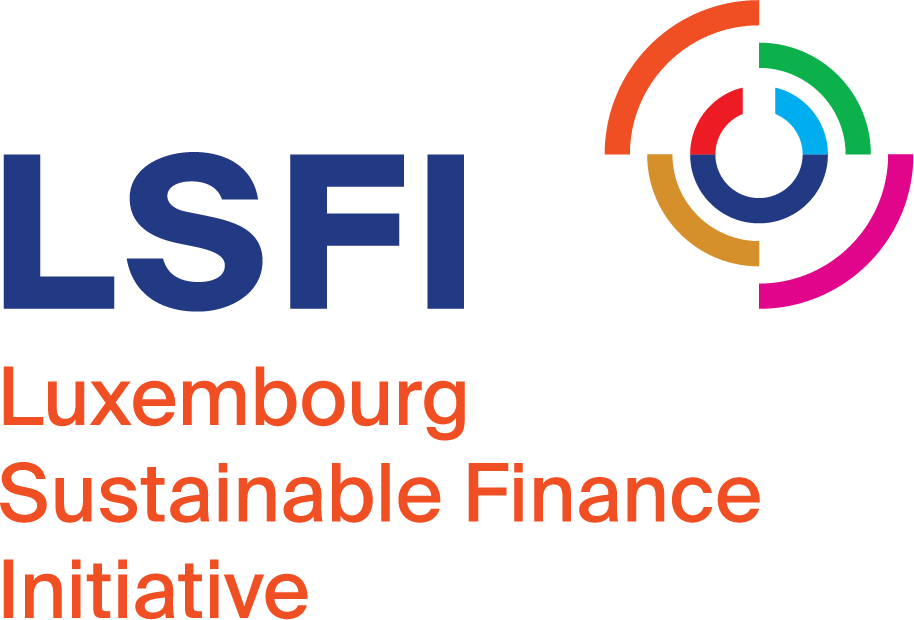While the call for a transition toward sustainability is often heard, questions still linger about the roles of different players, the critical next steps to be taken, and why this shift is so crucial.
This month, we have interviewed Prof. Dr. Anabel Ternès von Hattburg, President of the Club of Budapest, Germany, and Managing Director of the Institute for Sustainability Management. She has provided key insights into the trends driving the sustainability shift, why the financial sector should embrace sustainable finance, and the core elements needed for a successful transition.
Anabel will take the stage as the keynote speaker at the LSFI Summit on 18th September, where she will explore these thought-provoking topics in more detail.

Prof. Dr. Anabel Ternès von Hattburg, President Club of Budapest Germany & Managing Director Institute for Sustainability Management
LSFI: Why do we need a transition towards sustainability, and what are the key trends driving the shift towards sustainable finance?
Prof. Dr. Anabel Ternès von Hattburg: We need a transition towards sustainability to address climate change, resource depletion, and social inequality. Sustainable finance is a key driver, enabling capital to flow into eco-friendly projects and businesses. Key trends include increasing regulatory pressures for ESG (Environmental, Social, Governance) compliance, rising investor demand for responsible investments, and the growing recognition that sustainability mitigates long-term risks. The alignment of financial markets with sustainability goals ensures a resilient, equitable economy that benefits both people and the planet.
LSFI: Why should the financial sector embark on the sustainable finance journey?
Prof. Dr. Anabel Ternès von Hattburg: The financial sector must embark on the sustainable finance journey to ensure long-term economic stability and align with global sustainability targets like the Paris Agreement. Sustainable finance reduces risks associated with climate change, fosters innovation, and meets growing investor and consumer demands for responsible practices. Additionally, by integrating ESG factors, the sector can drive impactful change, secure a competitive advantage, and contribute to a more resilient, socially responsible economy that benefits future generations.
LSFI: What elements are key for the sustainability transition to happen?
Prof. Dr. Anabel Ternès von Hattburg: For a successful sustainability transition, several elements are crucial. Innovation in technology and business models is needed to reduce environmental impacts. Education plays a key role in raising awareness and equipping future leaders with sustainability knowledge. Policy frameworks must provide clear, long-term guidance and incentives for green investments. Collaboration between public and private sectors is essential to drive systemic change. Finally, financial markets must integrate ESG criteria to align capital flows with sustainable outcomes, ensuring inclusive economic development.





